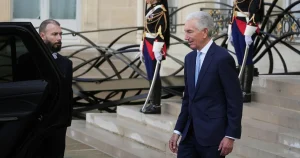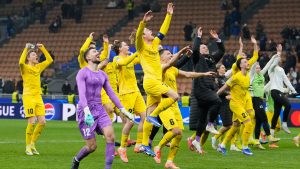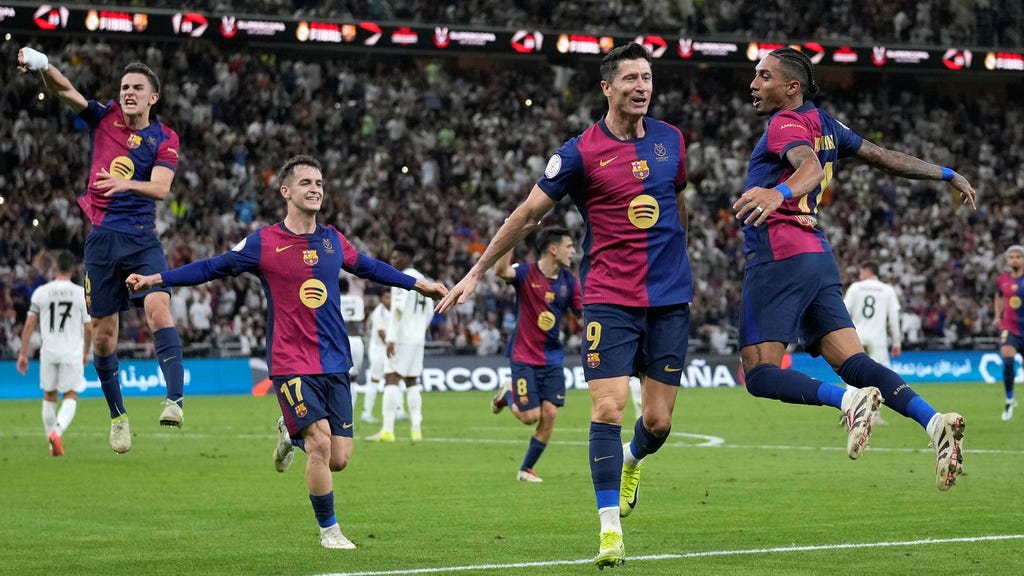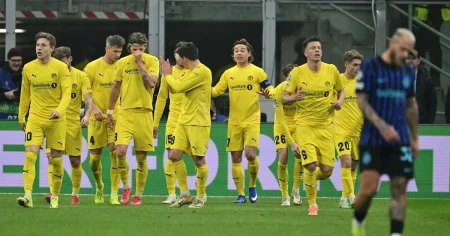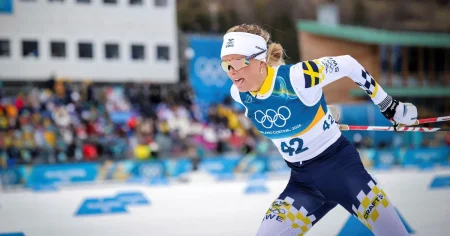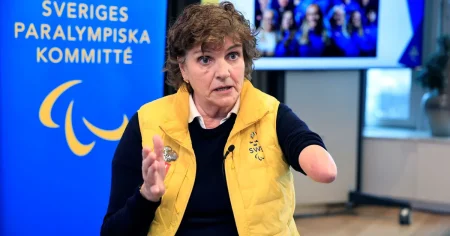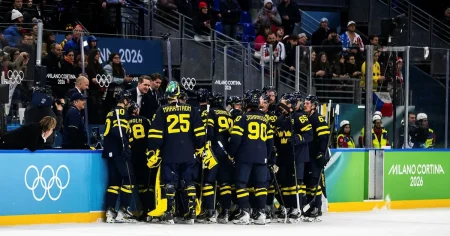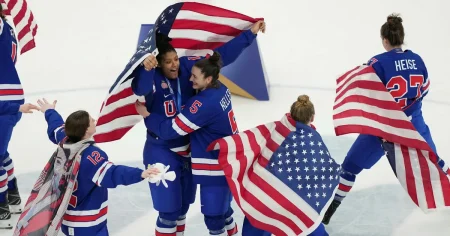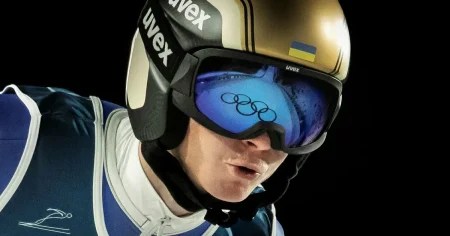The Spanish Super Cup, a prestigious annual football competition contested between the winners of La Liga and the Copa del Rey, found itself once again amidst the sands and shimmering skyscrapers of Saudi Arabia. This controversial relocation, driven by lucrative financial incentives, sparked debate and criticism, raising questions about the ethical implications of hosting a major sporting event in a nation with a questionable human rights record. Yet, despite the swirling controversies, the focus ultimately shifted to the on-field action, a clash of titans that promised a spectacle of footballing prowess. The stage was set for a desert edition of El Clásico, the iconic rivalry between Barcelona and Real Madrid, a fixture steeped in history, passion, and unwavering animosity.
As the sun dipped below the horizon, casting long shadows across the immaculate pitch of the King Fahd International Stadium in Riyadh, the two Spanish giants locked horns, their legions of fans across the globe holding their breath in anticipation. The match lived up to its billing, exploding into a goal-fest, a relentless back-and-forth exchange of attacking brilliance and defensive vulnerabilities. Barcelona, under the guidance of their young manager Xavi Hernandez, orchestrated a symphony of passing and movement, their intricate play slicing through Real Madrid’s defensive lines with surgical precision. Gavi, the prodigious teenage midfielder, emerged as the maestro, pulling the strings with an uncanny maturity and vision beyond his years. His intricate interplay with Robert Lewandowski, the prolific Polish striker, proved too much for Real Madrid to handle.
Barcelona’s dominance was undeniable, their relentless pressure forcing errors and creating a plethora of scoring opportunities. Gavi himself found the net, his deft touch and clinical finish a testament to his burgeoning talent. Lewandowski, the seasoned marksman, added his name to the scoresheet, his predatory instincts and clinical finishing proving decisive. Real Madrid, despite boasting a star-studded lineup, struggled to contain the Catalan onslaught. Their midfield, usually a bastion of control and creativity, was overrun, their defensive frailties exposed. Karim Benzema, the reigning Ballon d’Or winner, provided a glimmer of hope for Real Madrid, his individual brilliance momentarily stemming the tide, but ultimately proving insufficient to turn the tide.
The goals continued to flow, each strike amplifying the drama and excitement. Barcelona’s fluidity and precision in attack were simply breathtaking, their every move imbued with purpose and intent. They carved open Real Madrid’s defense with surgical precision, each pass a calculated risk, each movement designed to unlock the opposition’s fortifications. Real Madrid, despite their desperate attempts to claw their way back into the contest, found themselves constantly on the back foot, chasing shadows and struggling to contain the Catalan onslaught. Their defensive vulnerabilities were ruthlessly exploited, their midfield overrun, and their attack blunted.
The final whistle brought a mixture of elation and despair. Barcelona’s players erupted in joyous celebration, their emphatic victory a testament to their resurgence under Xavi’s leadership. The Catalan faithful roared their approval, their chants echoing across the desert landscape. For Real Madrid, the defeat was a bitter pill to swallow, a stark reminder of their vulnerabilities and the challenges that lay ahead. The desert sands had witnessed a masterclass in footballing artistry, a display of tactical brilliance and individual brilliance that etched itself into the annals of El Clásico history. Barcelona, crowned champions of the Spanish Super Cup, had emphatically asserted their dominance, their victory a statement of intent, a declaration that they were once again a force to be reckoned with.
The Spanish Super Cup final in Saudi Arabia, despite the surrounding controversies, delivered a spectacle of footballing brilliance. Barcelona’s resounding victory over their arch-rivals Real Madrid not only secured them the coveted trophy but also served as a powerful statement of their resurgence under Xavi’s tutelage. The desert setting, while contentious, provided a unique backdrop to a classic encounter, a clash of titans that lived up to its billing, producing a goal-fest that captivated audiences worldwide. The match, a testament to the enduring allure of El Clásico, will be remembered not only for its dramatic scoreline but also for the individual brilliance of players like Gavi and Lewandowski, and the tactical masterclass orchestrated by Xavi. While the debate about the ethical implications of hosting such events in Saudi Arabia continues, the on-field action, the sheer spectacle of footballing artistry, ultimately took center stage, reminding us of the beautiful game’s enduring power to transcend boundaries and unite fans across the globe.



